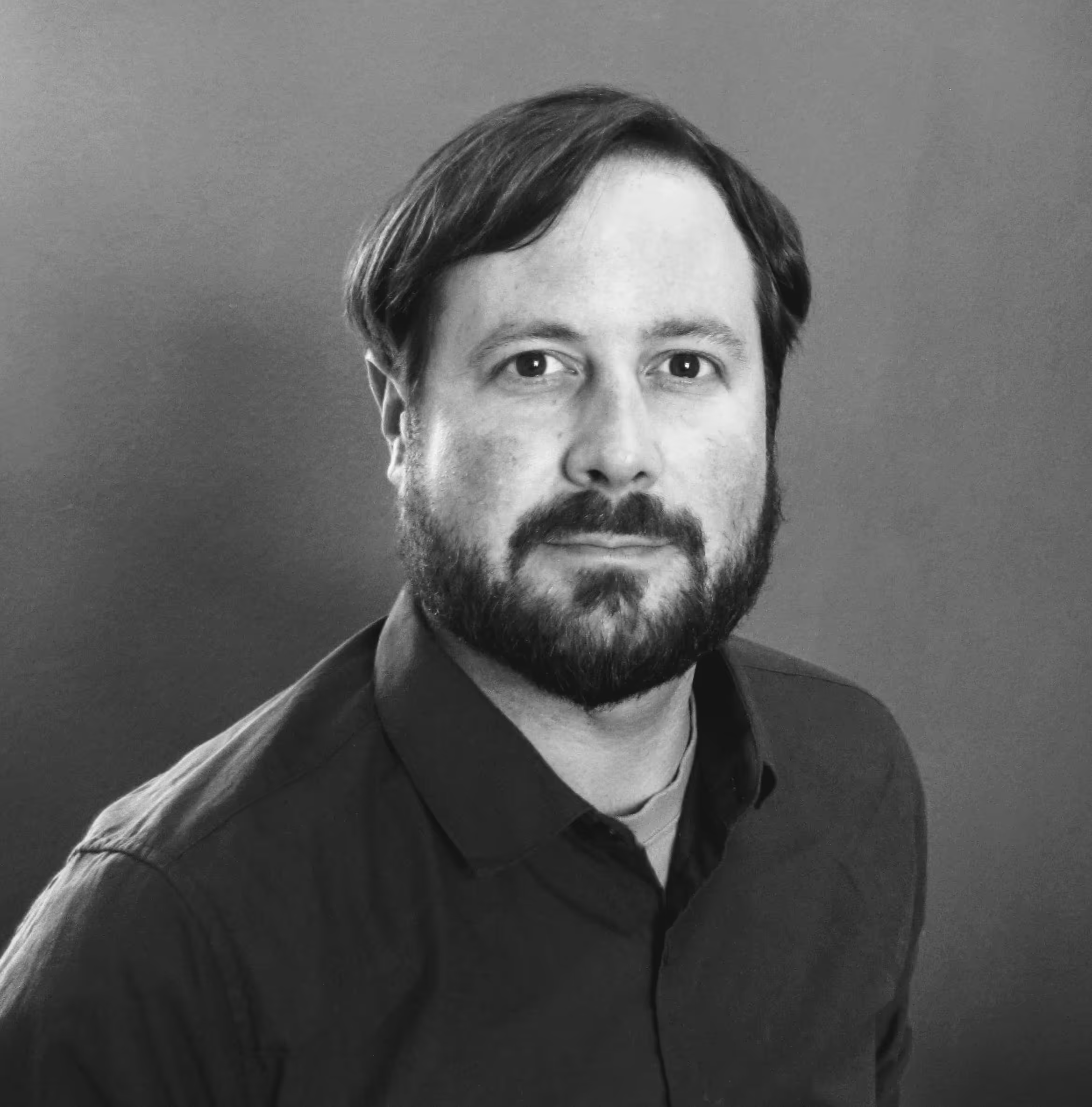Dustin is the co-founder of the non-profit sustainability education organization GlobalESD.org, and a researcher / education outreach coordinator at the Department of Comparative Cultural Psychology of the Max Planck Institute for Evolutionary Anthropology in Leipzig, Germany. Together with his wife, Susan Hanisch, Dustin works through teacher-researcher collaborations and student-led community science projects to advance teaching and learning at the intersection of evolution, behavior, and sustainability science. By linking scientific perspectives on social change with students and classrooms seeking to make the world a better place, the aim of this work is to foster a more global discussion about where we are going in the light of where we all have come from.
Dustin tweets about evolutionary approaches to sustainability education from @GlobalESD and about teaching evolution in early education from @EvoKidsGlobal



.avif)





